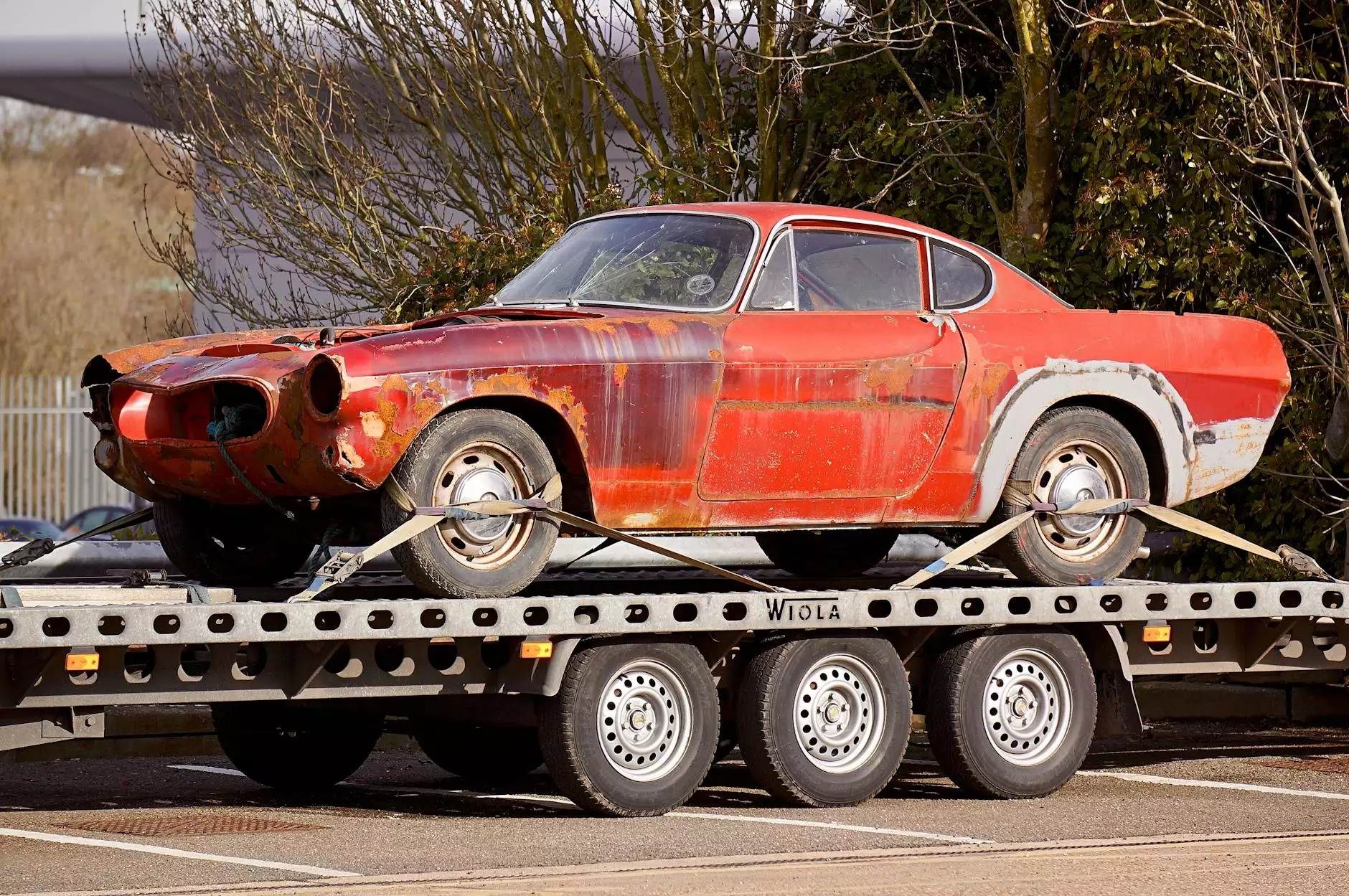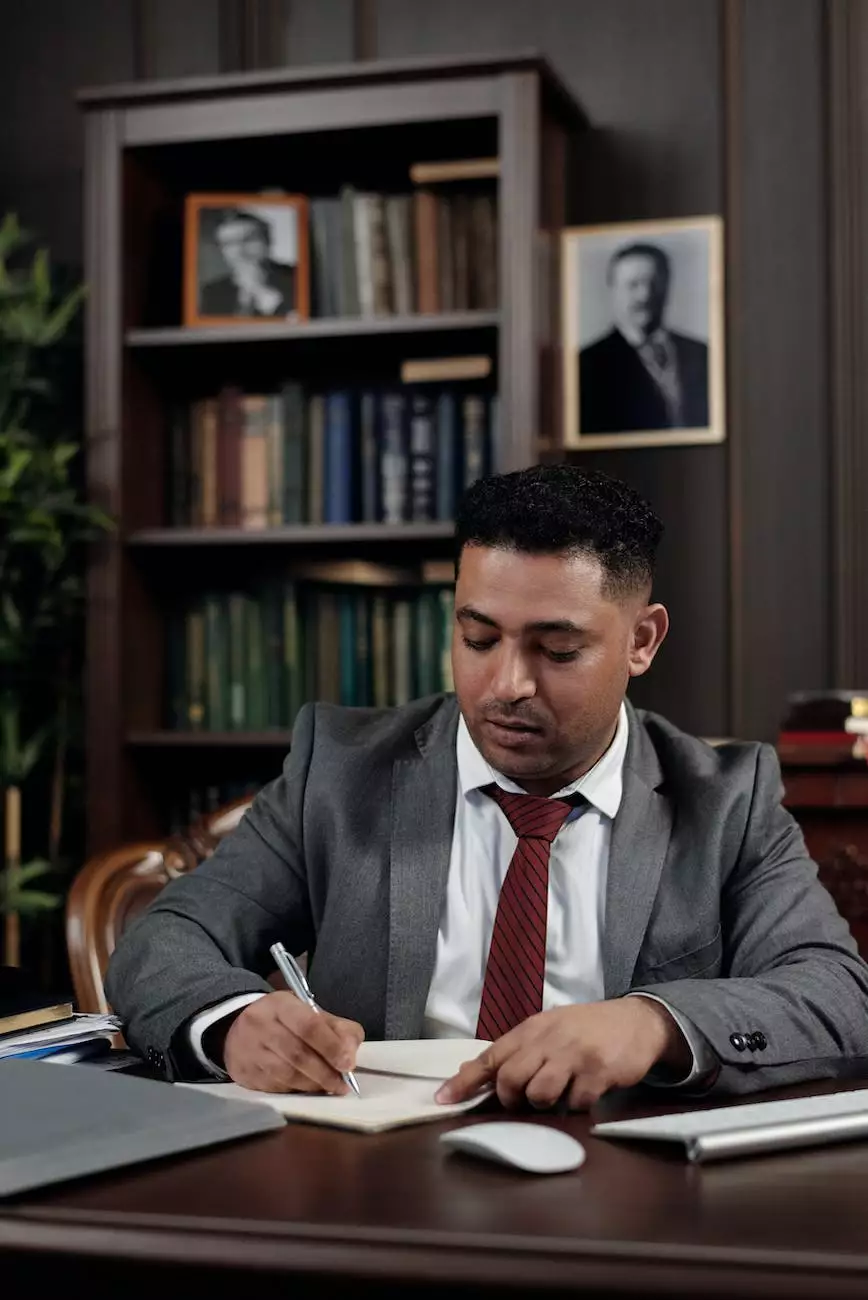What to Do When Your Car Gets Towed After an Accident
Blog
Introduction
Being involved in a car accident is a stressful experience, and if your car gets towed after the accident, it can further complicate the situation. However, with the right knowledge and guidance, you can navigate the process effectively and protect your rights. This comprehensive guide, brought to you by John P. Bennett, Attorney at Law, aims to provide you with the information you need in such a situation.
Understanding the Towing Process
When your car gets towed after an accident, it is typically done to ensure safety, clear the accident site, or facilitate further investigation. Towing companies are responsible for removing damaged vehicles from the scene and taking them to a storage facility or an impound lot. It's essential to understand the following aspects of the towing process:
The Towing Company and Documentation
The towing company involved will usually provide you with documentation detailing where your car has been taken and how you can retrieve it. This documentation is crucial, so ensure that you obtain and carefully review it. It will contain important information such as contact details, impound fees, and any required documentation from your end.
Insurance Coverage for Towed Vehicles
It's crucial to contact your insurance company as soon as possible after your car has been towed. Your insurance policy may provide coverage for the towing and storage costs, but it's crucial to verify this with your insurance provider. Gather all the necessary details regarding coverage to avoid any unexpected expenses.
Releasing Your Towed Vehicle
Before you can retrieve your towed vehicle, you will need to follow specific steps. These may include providing proof of ownership, valid identification, insurance information, and paying any outstanding fees. Review the documentation provided by the towing company to ensure you have all the necessary documentation and understand the requirements for releasing your vehicle.
Your Rights and Legal Considerations
When your car gets towed after an accident, it's important to be aware of your rights and legal considerations. John P. Bennett, Attorney at Law, specializes in personal injury and car accident cases and can provide expert legal advice tailored to your situation. Here are some key points to keep in mind:
Know Your Rights as an Accident Victim
As an accident victim, you have certain rights, including the right to file a claim, seek compensation for damages, and receive fair treatment throughout the process. Understanding these rights can help you navigate the aftermath of an accident more effectively.
Consult with an Attorney
It's highly recommended to consult with an experienced car accident attorney, like John P. Bennett. They can guide you through the legal process, help you understand your options, and ensure that your rights are protected. An attorney can also navigate complex legal paperwork and negotiate with insurance companies on your behalf.
Document the Incident
After an accident, documenting the incident becomes even more important if your car gets towed. Take photographs of the accident scene, your damaged vehicle, and any visible injuries you may have sustained. These pieces of evidence can be valuable during legal proceedings or settlement negotiations.
Keep Track of Costs and Expenses
Throughout the towing and recovery process, it's crucial to keep track of all costs and expenses incurred. This includes towing fees, storage charges, vehicle repair bills, medical expenses, and any other accident-related costs. These records will be useful when seeking compensation for your damages.
Conclusion
Experiencing a car accident is undoubtedly overwhelming, and the added stress of your car being towed can be daunting. However, with this comprehensive guide and the expertise of John P. Bennett, Attorney at Law, you can be better prepared to recover your vehicle and protect your rights. Remember to consult with an attorney for personalized legal advice tailored to your specific circumstances. Take the necessary steps to document the incident, understand your rights, and keep track of all expenses. By doing so, you'll be on the right path toward resolving the situation and seeking fair compensation.










